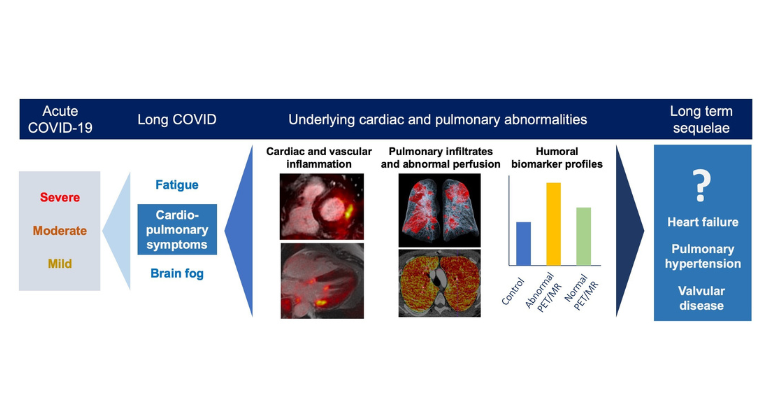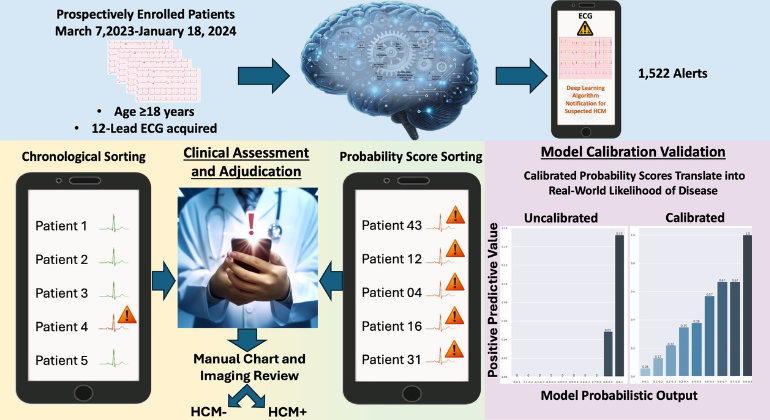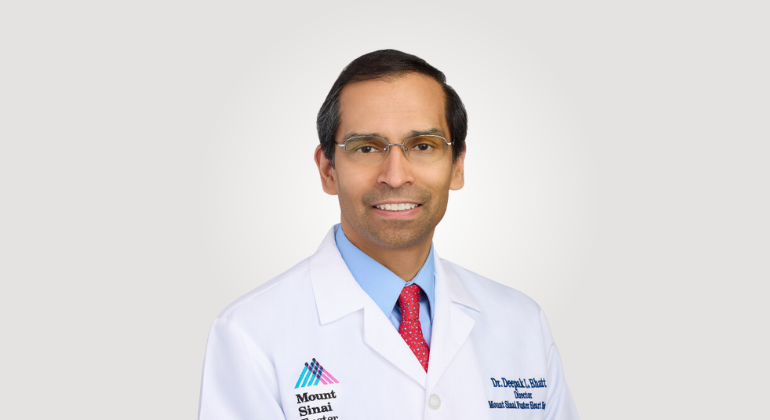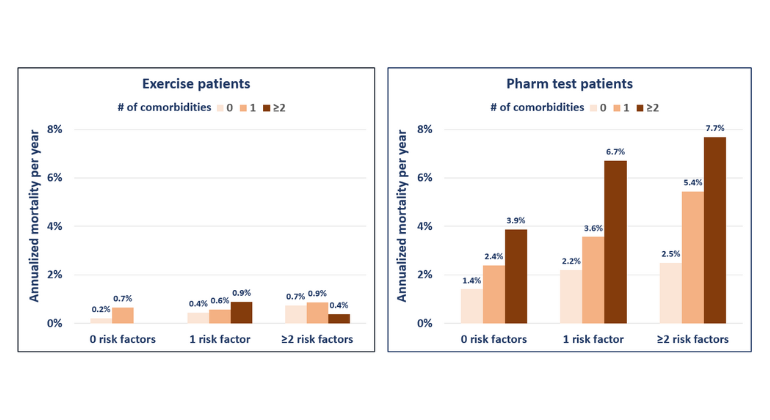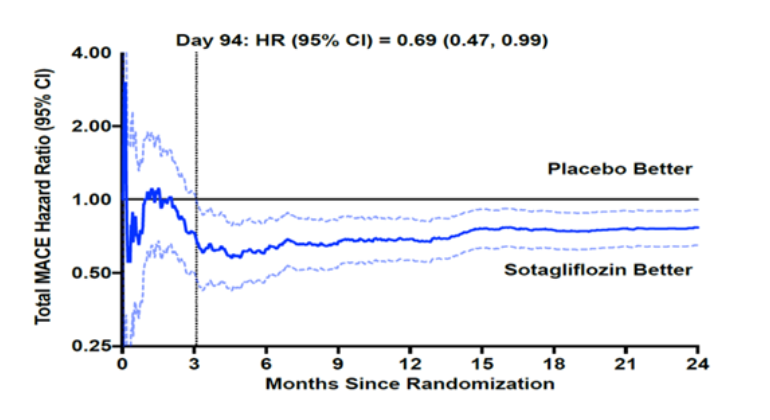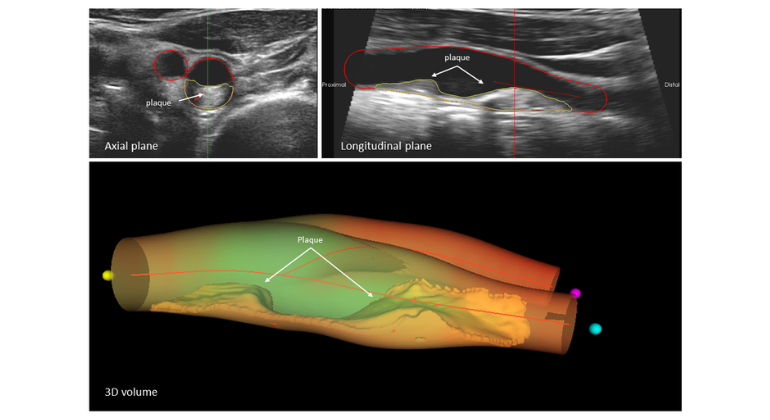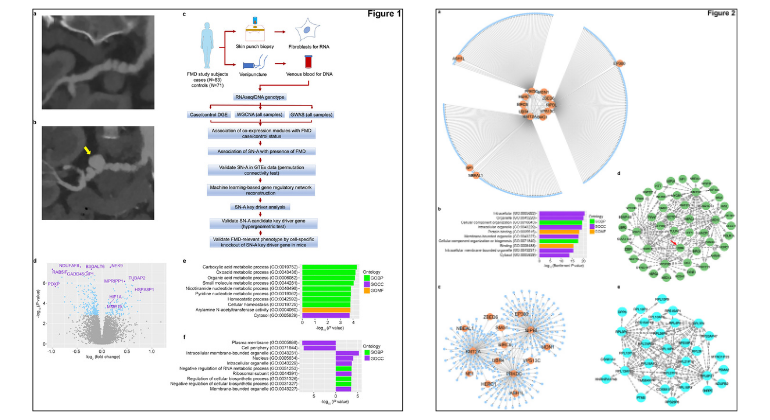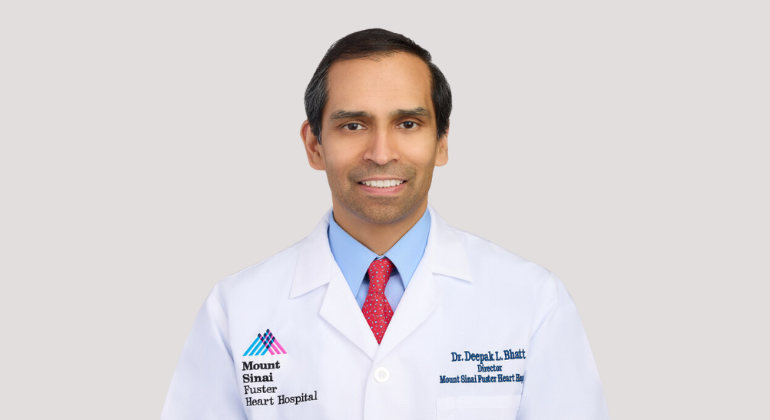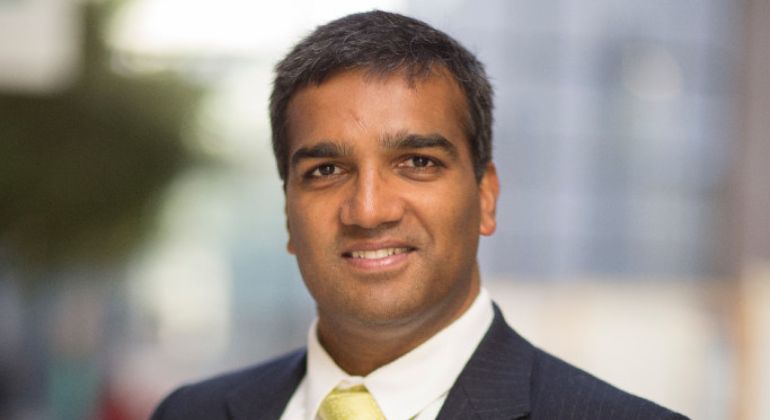NIH Grants Mount Sinai $16.5 Million to Continue Program of Excellence in Nanotechnology
Contract will allow Mount Sinai to develop multidisciplinary research Centers with the goal of developing nanotechnology tools for heart, lung and blood diseases.
Mount Sinai School of Medicine received a contract for almost $16.5 million from The National Institutes of Health (NIH) and the National Heart and Lung Institute (NHLBI) through the Program of Excellence in Nanotechnology (PEN). The contract is one of four issued nationally to develop multidisciplinary research Centers with the goal of developing nanotechnology tools for diagnosing and treating heart, lung and blood diseases. As co-principal investigator, Zahi A. Fayad, PhD, Professor of Radiology and Medicine and the Director of the Translational and Molecular Imaging Institute at Mount Sinai School of Medicine leads a team of world-renowned experts in the fields of cardiology, imaging, and bioengineering. He is joined by the center’s other co-principal investigator Robert S. Langer, ScD, Massachusetts Institute of Technology, for this highly collaborative program aimed at utilizing nanotechnology to better prevent and treat cardiovascular disease.
As a leading authority in cardiovascular medicine and imaging, Mount Sinai plans to organize a Center that will develop state-of-the-art translational nanoparticle technologies to help treat and prevent atherosclerosis, heart attack, and heart failure. During the term of the five-year contract, the investigators at Mount Sinai and the other participating institutions are pursuing a three-pronged approach to the problem of cardiac disease. Investigators will explore minimally invasive nanotechnology-based advances to regenerate tissue damaged after heart attack. They will develop nanotherapies to repair defective inflammation resulting from atherosclerosis with a focus on “theranostics,” or the use of nanotechnology to allow diagnostic therapy in atherosclerosis.
“There is enormous potential in the use of nanotechnology to treat cardiovascular disease, but it has remained largely unexplored,” said Dr. Fayad. “Through this research, we hope to show that nanotherapies may have unprecedented benefits in preventing the progression of heart disease and improve the safety and efficacy of existing treatments.”
In addition to the pioneering research aims of the PEN Center at Mount Sinai, the Center will institute a unique training program focused on developing translational nanomedical tools for diagnostic imaging and minimally invasive treatment of cardiovascular disease. Furthering Mount Sinai’s ongoing commitment to translational research, the program will stress the importance of bringing the discoveries made as a result of the contract to the patient care setting.
“We are honored to have been selected as one of the primary investigation sites for the PEN program,” said Dennis S. Charney, MD, Anne and Joel Ehrenkranz Dean of Mount Sinai School of Medicine and Executive Vice President for Academic Affairs at The Mount Sinai Medical Center. “The goals for this program embody Mount Sinai’s unwavering commitment to translational research, and will open doors for our world-renowned physician-scientists to make significant advances in preventing and treating cardiovascular disease.”
In addition to Dr. Fayad, the Mount Sinai project leaders are Valentin Fuster, MD, PhD, Director of Mount Sinai Heart, the Zena and Michael A. Wiener Cardiovascular Institute and the Marie-Josee and Henry R. Kravis Center for Cardiovascular Health; Roger Hajjar, MD, Research Director of the Wiener Family Cardiovascular Research Laboratories and the Arthur & Janet Ross Professor of Cardiology, Medicine, and Gene and Cell Medicine; and Martin Schwartz, PhD, Assistant Professor of Cardiology and Medicine. Other Mount Sinai investigators participating in the program are Willem Mulder, PhD, David Cormode, PhD, Kevin Costa, PhD, and Hina Chaudhry, MD. The other institutions involved in this grant are New York University, Columbia University, Brigham and Women’s Hospital, and the Massachusetts Institute of Technology.
"Cardiovascular disease impacts millions of people, and costs billions of dollars each year in the United States alone," said Dr. Fuster. "Mount Sinai Heart has made important discoveries over the years to help reduce this impact, but much more can be done. This program will allow us to pave the way for new therapeutic and diagnostic approaches using nanotechnology to help end the burden of cardiovascular disease."
"We are thrilled about this wonderful and important opportunity and the potential that it brings to improve the diagnosis and treatment of cardiovascular disease, and commend the NHLBI for supporting this translational program," said Dr. Fayad.
About The Mount Sinai Medical Center
The Mount Sinai Medical Center encompasses both The Mount Sinai Hospital and Mount Sinai School of Medicine. Established in 1968, Mount Sinai School of Medicine is one of few medical schools embedded in a hospital in the United States. It has more than 3,400 faculty in 32 departments and 15 institutes, and ranks among the top 20 medical schools both in National Institute of Health funding and by U.S. News & World Report. The school received the 2009 Spencer Foreman Award for Outstanding Community Service from the Association of American Medical Colleges.
The Mount Sinai Hospital, founded in 1852, is a 1,171-bed tertiary- and quaternary-care teaching facility and one of the nation’s oldest, largest and most-respected voluntary hospitals. In 2009, U.S. News & World Report ranked The Mount Sinai Hospital among the nation’s top 20 hospitals based on reputation, patient safety, and other patient-care factors. Nearly 60,000 people were treated at Mount Sinai as inpatients last year, and approximately 530,000 outpatient visits took place.
For more information, visit www.mountsinai.org. Follow us on Twitter @mountsinainyc.
About the Mount Sinai Health System
Mount Sinai Health System is one of the largest academic medical systems in the New York metro area, with 48,000 employees working across seven hospitals, more than 400 outpatient practices, more than 600 research and clinical labs, a school of nursing, and a leading school of medicine and graduate education. Mount Sinai advances health for all people, everywhere, by taking on the most complex health care challenges of our time—discovering and applying new scientific learning and knowledge; developing safer, more effective treatments; educating the next generation of medical leaders and innovators; and supporting local communities by delivering high-quality care to all who need it.
Through the integration of its hospitals, labs, and schools, Mount Sinai offers comprehensive health care solutions from birth through geriatrics, leveraging innovative approaches such as artificial intelligence and informatics while keeping patients’ medical and emotional needs at the center of all treatment. The Health System includes approximately 9,000 primary and specialty care physicians and 11 free-standing joint-venture centers throughout the five boroughs of New York City, Westchester, Long Island, and Florida. Hospitals within the System are consistently ranked by Newsweek’s® “The World’s Best Smart Hospitals, Best in State Hospitals, World Best Hospitals and Best Specialty Hospitals” and by U.S. News & World Report's® “Best Hospitals” and “Best Children’s Hospitals.” The Mount Sinai Hospital is on the U.S. News & World Report® “Best Hospitals” Honor Roll for 2024-2025.
For more information, visit https://www.mountsinai.org or find Mount Sinai on Facebook, Instagram, LinkedIn, X, and YouTube.
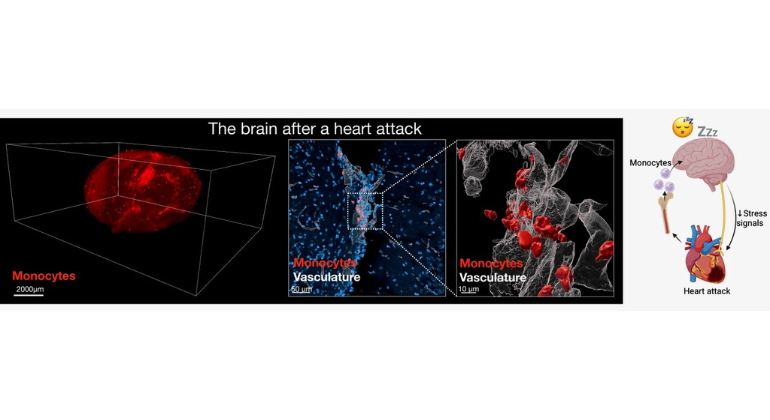
After a Heart Attack, the Heart Signals to the Brain to Increase Sleep to Promote Healing
Oct 30, 2024 View All Press Releases